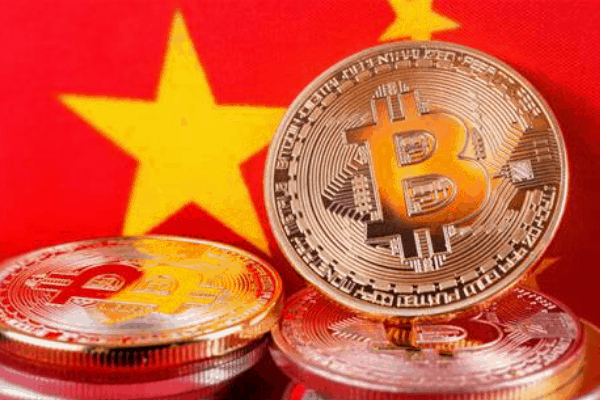
- Despite China’s central bank banning all cryptocurrency transactions last Friday and vowing to root out the last vestiges of mining activity within its borders, Chinese cryptocurrency investors remain unfazed.
- Longstanding Chinese investors have established workarounds to buying cryptocurrencies, avoiding centralized exchanges and preferring decentralized ones, which do not require KYC.
Whether it’s movies deemed “undesirable” by Beijing, or other “foreign influences,” the Chinese have long been resourceful enough to gain access to that which has been forbidden.
And that applies to cryptocurrencies as well, long used as a conduit by enterprising Chinese to spirit wealth out of the Middle Kingdom, where strict capital controls are observed more in their violation than in their adherence.
Despite China’s central bank banning all cryptocurrency transactions last Friday and vowing to root out the last vestiges of mining activity within its borders, Chinese cryptocurrency investors remain unfazed.
While cryptocurrency exchanges Huobi and Binance closed off access to traders with mainland Chinese mobile numbers from registering for new accounts, sign-ups via Hong Kong are still available on both platforms.
And although Bitcoin and other cryptocurrencies fell sharply last Friday, they’ve since recovered to their pre-purge levels, with many investors using the opportunity to so-called “buy the dip.”
To be sure, seasoned Chinese crypto investors are used to periodic purges by Beijing and far from dissuading investors, actually spur them to stock up on more cryptocurrencies.
Beijing’s recent purge on a variety of industries, which started from ride-hailing app Didi Global (-3.16%), but subsequently spread to Chinese tech firms, afterschool education and property, has led to increased demand from investors for assets which are mobile and can be whisked away at a moment’s notice in the event that the purge should spread to their industry sector.
Seasoned Chinese crypto investors have what’s known in industry parlance as “diamond hands” although the world’s second largest cryptocurrency market may have scared off new entrants.
Longstanding Chinese investors have established workarounds to buying cryptocurrencies, avoiding centralized exchanges and preferring decentralized ones, which do not require KYC.
Some Chinese investors are said to be turning to MetaMask, a more accessible browser-based cryptocurrency wallet that allows trading in a variety of tokens, including non-fungible tokens or NFTs.



